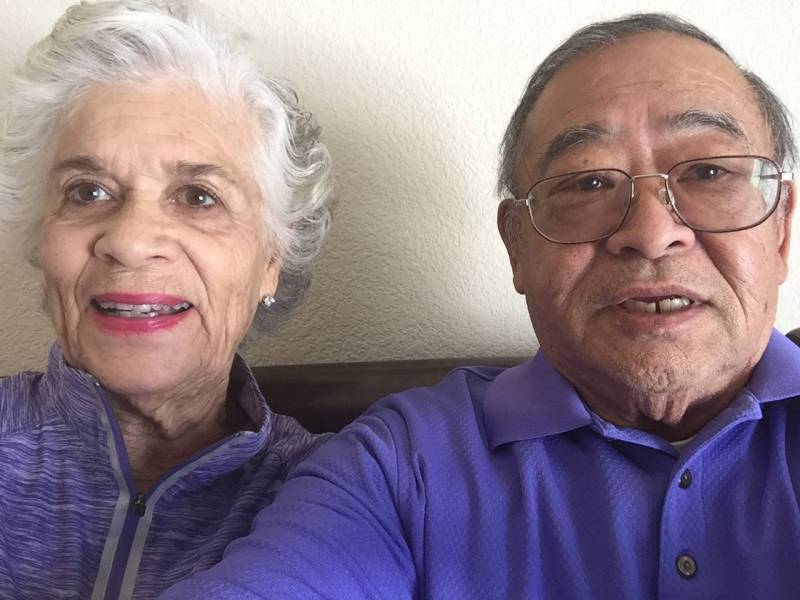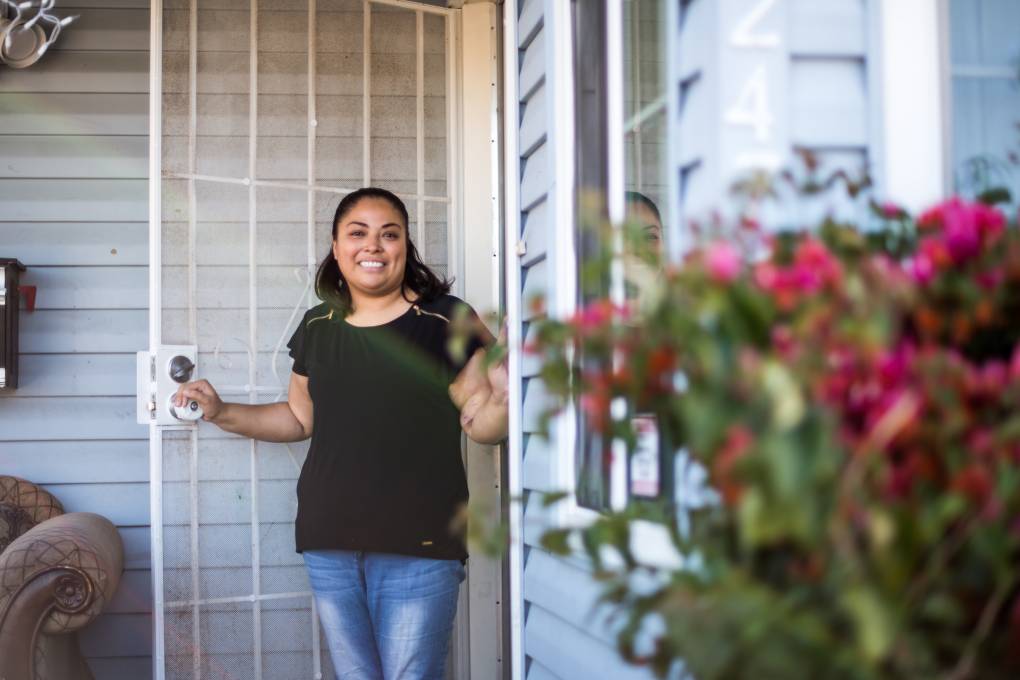Last Thursday, after Rosalind Palmer Ono finished eating lunch — sausage, crackers and 7 Up — she went upstairs to do some ironing and started feeling gas pains.
She took a Gas-X and an aspirin, but the pain got worse. Her husband insisted on calling the advice nurse, who told them to call 911 and go to the hospital because people often confuse indigestion with symptoms of a heart attack. But Rosalind didn’t want to go.
“I said, ‘Oh, no. I don’t want to go down there where the coronavirus is. I don’t want to go down there where all the other people are,’ ” Palmer Ono recalled. “I said, ‘All I have is gas, let’s not bother.’ ”
She did go, but a new data analysis of Kaiser Permanente’s 4.4 million patients in Northern California shows that Palmer Ono is far from alone in her reluctance to go to the emergency room.


